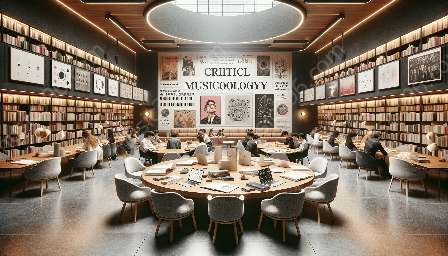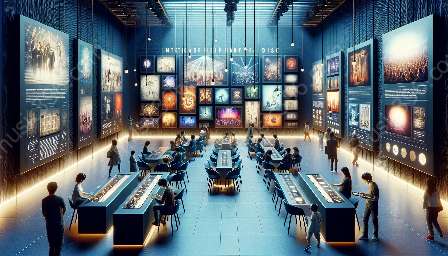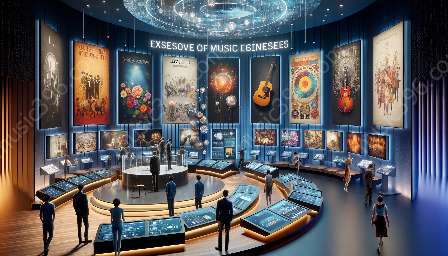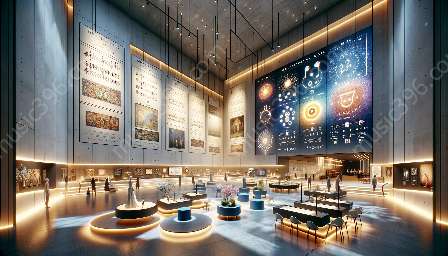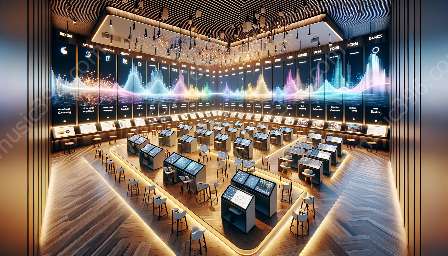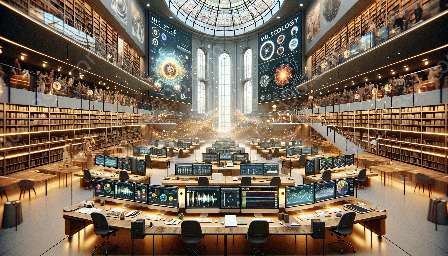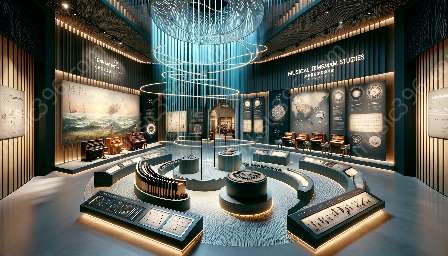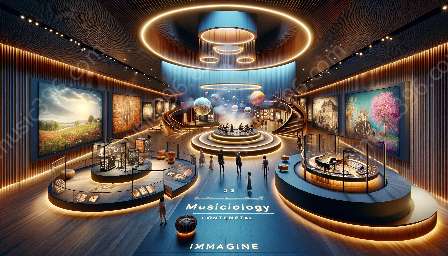Music festivals and events have always been more than just gatherings for music enthusiasts. They are complex cultural phenomena that intersect with various social, economic, and political dimensions. In this article, we will delve into the critical and musicological perspectives on the political dimensions of music festivals and events, uncovering the ways in which these cultural phenomena reflect and shape the political landscape.
1. Understanding Critical Musicology
Critical musicology is a field of study that examines music as a social and cultural practice, emphasizing the ways in which music reflects and influences power dynamics, social hierarchies, and political structures. In the context of music festivals and events, critical musicology provides a lens through which to analyze the political dimensions at play.
1.1. Power Dynamics and Representation
One of the key political dimensions of music festivals and events is the issue of power dynamics and representation. Critical musicology allows us to explore questions such as: Who gets to perform at these events? How are artists selected, and what criteria are used? Are there underlying power structures and inequalities that determine the lineup and programming of festivals?
Furthermore, critical musicology enables us to investigate the representation of different voices and identities within the music festival landscape. Are there efforts to promote diversity and inclusivity, or do festivals inadvertently perpetuate exclusivity and marginalization?
1.2. Economic and Cultural Policies
From a critical musicological standpoint, it is crucial to analyze the economic and cultural policies that shape music festivals and events. These policies can have significant political implications, as they may reflect broader societal values and priorities. For example, government funding for music festivals and events can reflect a commitment to supporting arts and culture, or conversely, a lack of investment may indicate neglect or devaluation of cultural activities.
Additionally, critical musicology encourages us to examine the role of corporate sponsorship and commercial interests in shaping the music festival landscape. How do these economic forces influence the artistic choices, social dynamics, and cultural messaging of festivals? Are there instances where corporate influence clashes with the values of artistic expression and cultural integrity?
2. The Intersection of Music and Politics
Music has always been intertwined with politics, serving as a platform for expressing dissent, solidarity, and social commentary. Music festivals and events provide a communal space where these intersections between music and politics become palpable. From protest songs to politically charged performances, music festivals can be sites for political expression and activism.
2.1. Protest and Activism
The political dimensions of music festivals and events are evident in instances of protest and activism. Whether it's artists using their platform to advocate for social causes, or festival-goers organizing collective action, these events can become arenas for political engagement. Critical musicology allows us to analyze the ways in which music festivals facilitate and shape these forms of protest and activism, highlighting the potential for music to serve as a catalyst for social change.
2.2. Cultural Diplomacy and National Identity
Another political aspect of music festivals is their role in cultural diplomacy and the construction of national identity. Festivals often feature artists from diverse cultural backgrounds and international origins, presenting opportunities for cultural exchange and dialogue. Critical musicology invites us to examine how music festivals contribute to the projection of national identity and influence international perceptions of a country's cultural landscape.
3. Ethical Considerations and Social Responsibility
Under the scrutiny of critical musicology, the ethical considerations and social responsibility of music festivals come to the forefront. Questions surrounding labor practices, environmental impact, and community engagement are essential in assessing the political dimensions of these events.
3.1. Labor Practices and Fair Treatment
Examining the labor practices within the music festival industry is essential from a critical musicological perspective. Issues such as fair compensation for performing artists and staff, as well as working conditions for event workers, bring attention to the power dynamics and ethical responsibilities of festival organizers and stakeholders.
3.2. Environmental Impact and Sustainability
As the global discourse on environmental sustainability intensifies, the environmental impact of music festivals has become a significant political concern. Critical musicology encourages us to evaluate the ecological footprint of these events, considering factors such as waste management, energy consumption, and carbon emissions. Are music festivals acting responsibly in their environmental practices, or do they contribute to ecological harm?
3.3. Community Engagement and Social Impact
Music festivals have the potential to generate social and economic impacts on the communities where they take place. Critical musicology prompts us to investigate the ways in which festivals interact with local communities, examining issues of gentrification, cultural appropriation, and economic benefit distribution. How do festival organizers engage with local stakeholders and address social concerns raised by hosting such events?
4. Conclusion
Music festivals and events are rich sites for exploring the political dimensions of music within a critical musicological framework. By examining power dynamics, social activism, cultural diplomacy, and ethical considerations, we gain a deeper understanding of how these cultural phenomena intersect with broader political contexts. Critical musicology and musicology afford us the analytical tools to unravel the intricate relationship between music festivals and the political issues that shape them.



